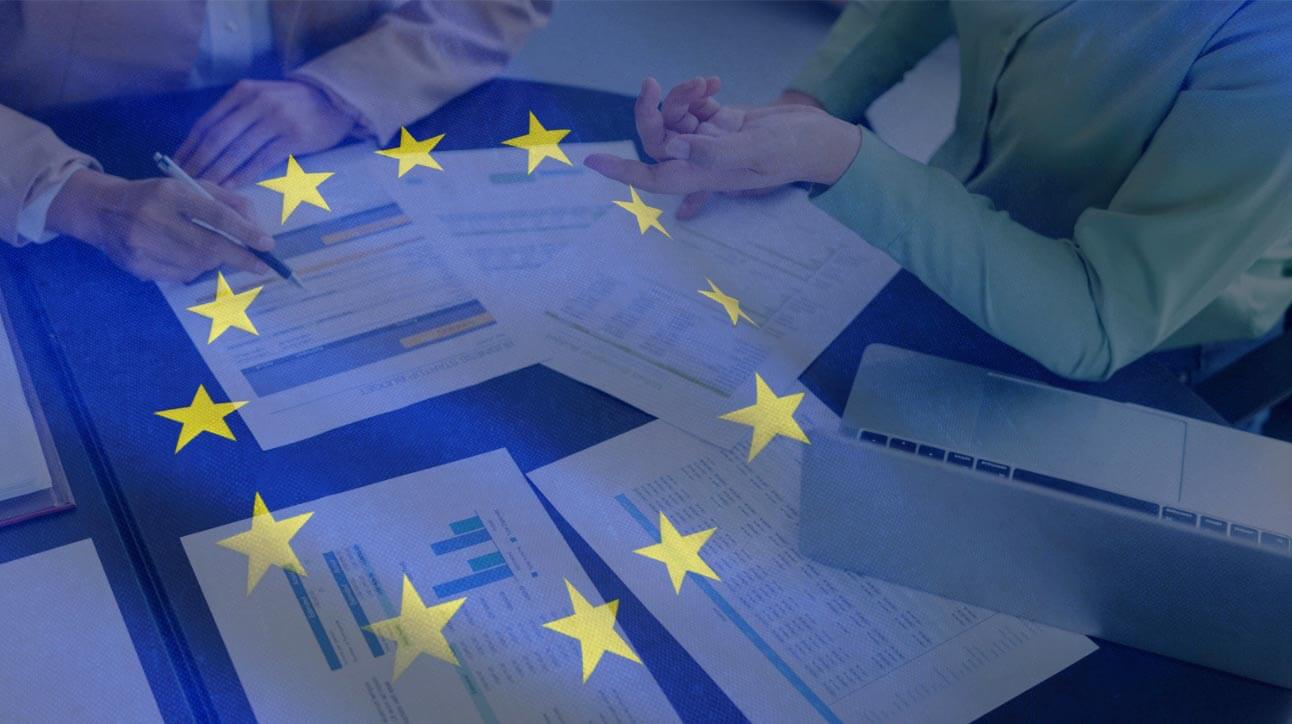The threats of global warming have been looming for many years. In order to address the ongoing effects of climate change on the world, the United Nations set a 2030 deadline to combat the catastrophic phenomena that could occur in the coming decades if people fail to take action.
While the United Nations urgently appeals for help, it can be noted there is a monumental shift of awareness and efforts toward sustainability. Sustainability reporting became an integral factor to further this green movement. Albeit the APAC region is deemed to lag behind, there are a growing number of organizations publicly committing to environmental sustainability. CSR and ESG initiatives emerged and later on became vital considerations not only for business owners but also for their investors and customers.
Defining CSR and ESG

CSR and ESG reports have been promoted to ensure sustainable practices. The United Nations Industrial Development Organization (UNIDO) defines Corporate Social Responsibility (CSR) as “a management concept whereby companies integrate social and environmental concerns in their business operations and interactions with their stakeholders”. This aims to provide balance in addressing initiatives in these categories while aiming to achieve the expectations of their investors and partners.
Meanwhile, Environmental, Social, and Governance (ESG) is the criteria used in measuring companies’ “social responsibility” in ensuring all stakeholders are being accounted for. Its environmental standards include policies related to environmental impacts and risk management practices, social standards refer to metrics concerning relationships with an organization’s stakeholders, and its governance standards seek to understand an organization’s leadership and management.
Here’s a quick overview of key distinctions between CSR and ESG:
CSR
- Generally used by companies
- Impacts company reputation
- Framework in addressing social and environmental concerns
- Fosters accountability
ESG
- Generally known by investors
- Impacts company valuation
- Criteria in quantifying sustainability performance
- Measures accountability
Evolution of ESG from CSR
Although CSR and ESG both tackle social and environmental concerns, there is a key distinction between the two. CSR is based on the philanthropic agenda of a company to guarantee the sustainable impacts of their business in the social, environmental, and public spheres. ESG, on the other hand, is the measurable sustainable impact of a business. ESG takes the CSR agenda further to provide quantifiable indicators for accountability.
CSR is considered a business model used by companies to regulate their social and environmental impacts, while ESG is the criteria used by investors when assessing which companies are worth investing in. In simpler terms, CSR can be deemed as the qualitative aspect while ESG is the quantitative aspect of the sustainable movement.
Ultimately, CSR and ESG are both strategically vital for businesses, investors, and consumers. It is more than just providing a good image to the organization because it fosters social and environmental consciousness among stakeholders. This, in turn, builds trust among existing customers and attracts new ones. Investors and partners alike gain more trust in the business, reassuring them of positive financial investments and returns in the long run.
Creating CSR and ESG Using Reporting Software
Building upon CSR initiatives into ESG reports
CSR can act as the skeletal framework in order to launch companies’ ESG compliance. An organization should start by reviewing its current CSR policies and programs so it can compare those against commonly used ESG metrics. Organizations can then start checking ESG regulations that they should comply with. This can guide them in determining the weaker aspects they could improve further.
Ensuring measurable and quantifiable sustainable efforts
Now that people are putting more emphasis on ESG strategy, businesses must ensure they can continue to cultivate their sustainable practices. ESG reporting metrics are a good starter guide in checking which aspects a company can focus on. Here are some of the common ESG metrics used:
- Greenhouse gas emissions
- Water consumption
- Waste generation
- Employee safety record
- Supplier diversity
- Customer satisfaction
- Board diversity
- Executive compensation
- Ethical practices
Before choosing which factors to concentrate on, materiality assessments can be done to help identify important topics or metrics specific to a company. It would also be good to check the ESG metrics used by other companies in the same industry. ESG reporting metrics translate sustainable actions to quantifiable data for easier assessment. This lets companies know which areas they have poor performance in or which ones they wish to adapt as pioneers in their field.
Collecting data digitally
Consolidating data can be painstakingly difficult, especially when a company has manual-based procedures. The traditional way of data collection can now be deemed as a hindrance in this fast-paced digital age. Thanks to technological innovations, businesses can reduce the cost, time, and effort spent on some of their operations through the use of software.
A complete set of data is crucial in producing a well-written report. A digital ESG reporting software like Convene ESG can streamline the collection process and minimize scrambling for lack of data at the last minute. Digital collection also allows easy monitoring since everything will be centralized in a single software. This reduces not only human errors that are usually linked to manual methods but also provides full visibility of the actual progress of the ESG report.
Aligning with ESG standards, frameworks, and local requirements
As government bodies become more active in ensuring sustainability is being observed, organizations like Singapore Exchange (SGX) and Hong Kong Exchange (HKEX) have set various requirements that companies must adhere to alongside ESG regulations. Recently, the SGX framework included mandatory ESG reporting in response to climate change and other environmental issues. Keeping track of various ESG regulations can be difficult, especially when the organization is still new in navigating its way through ESG reporting. Hence, digital ESG reporting software can be beneficial to keep these companies updated and compliant with the latest ESG regulations.
Creating compelling narratives through generated reports
With Convene ESG, companies can easily set their ESG strategy and track their current impact and performance. The automated report generation tool can aid companies in producing ESG-compliant reports, helping them understand their business strengths and performance. This enables them to create compelling narratives in order to position themselves better in the market.
Bridging Initiatives for a Sustainable Future with Convene ESG

Advocating for sustainability requires more than just providing a set of CSR goals. Society must collectively ensure companies are held accountable for their promises, which can be achieved through ESG. Discover how Convene ESG helps in highlighting your CSR and ESG impact and efforts in a structured yet compelling report. Talk to us today!














